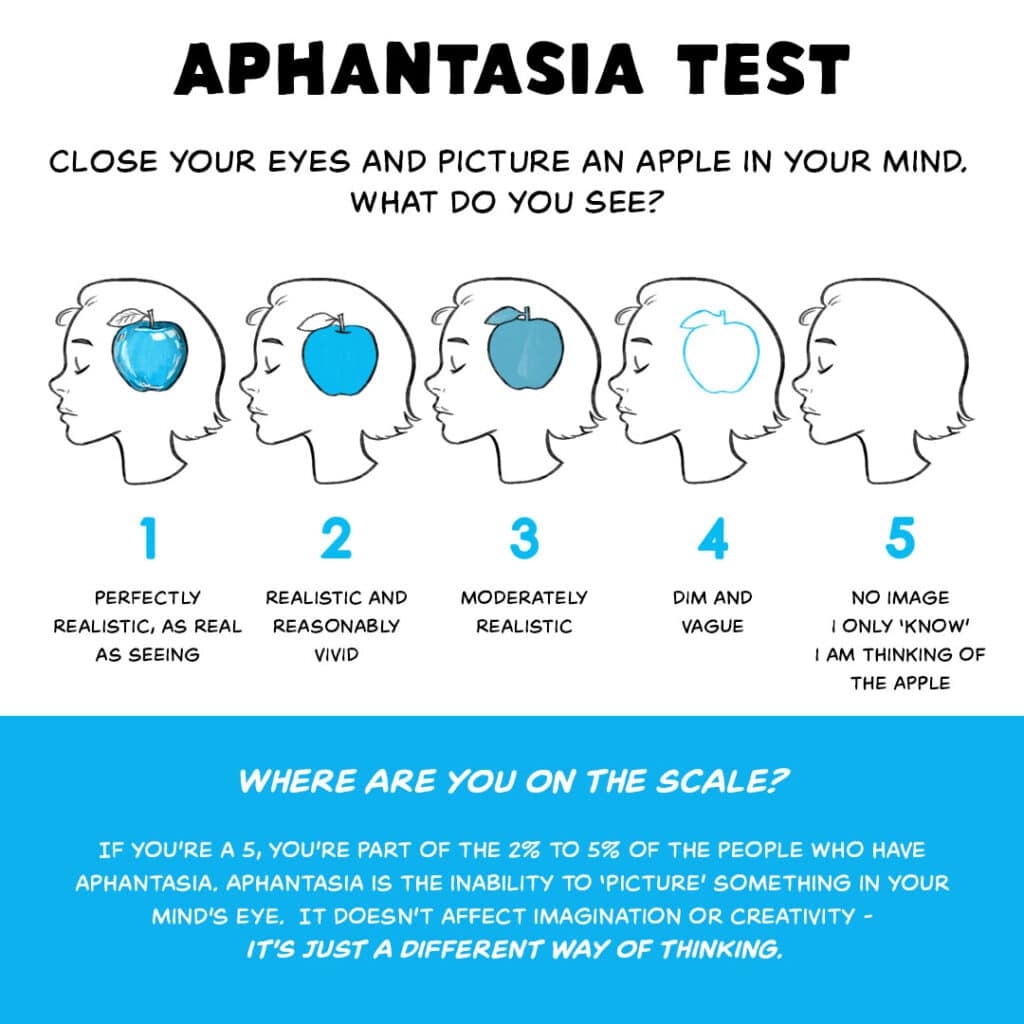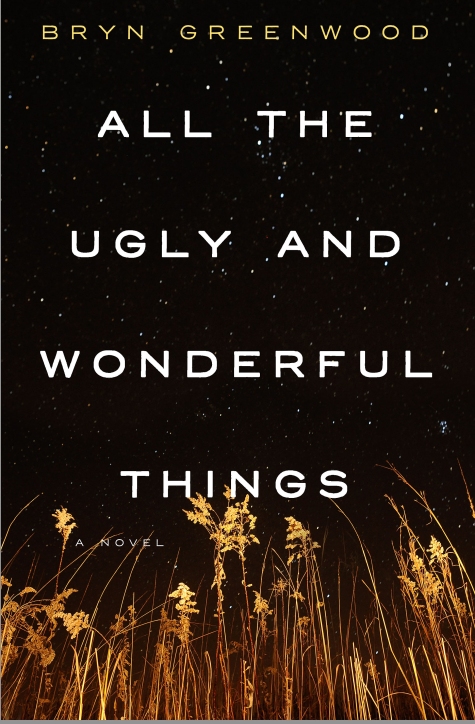In the first writing class I took, my teacher generally praised my writing, but remarked with increasing concern that my stories seemed to take place in a “white room.” He said that my work was suffering from some White Room Syndrome adjacent problem. In particular, he thought it was strange that my stories would include all the other senses, except visual. I would tell readers about smells, sounds, textures, but I wasn’t describing what things looked like. Over the course of that first class, I learned to insert visual details. Colors, shapes, shading. “Don’t just tell what the couch felt like. Tell what it looked like,” he said to me.
For a very long time, I assumed this was part of the learning curve. I knew that writers described what things looked like in books, but when I was writing, it wasn’t a natural part of my process. I had to learn to do it. Frequently, when I’m writing a first draft, that’s the last thing I do. I go back and I put in visual descriptors. I have to do it mechanically, because otherwise I forget. So it goes on a to-do list along with things like Delete 90% of the times you wrote just or even.
It’s strange the things you get used to, because I haven’t thought about it much in the intervening years. Then, last month, I saw a graphic that pinged something deep inside my brain. Sadly, I can’t find the actual graphic that made me think about it, so you’ll have to make do with this one.

You’ll understand how little thought I’ve given this in my life, when I say that my reaction was: “Wait! Some people see actual pictures?” I know that everyone has a different brain that works its own way, but it really had never occurred to me that some people might be imagining full color renders of objects in their minds, because mine is completely without a visual component. Now that I understand what a wide range of situations exist in terms of imagination, I’ve been asking everybody I know about what they see when they imagine things. I’ve racked up a dozen people who feel they’re in the 3 zone, but also a solid half dozen who say they are 1s, including a friend who sees entirely realistic movies in their head. (I’m a little jealous of that, and also a bit tormented by the fact that even the word imagination seems to suggest that the source of creativity is a visual process.)
All of those people who have mental imagery have asked me the same question: How do you write books without being able to visualize things? Turns out, my brain is a lot different than I thought it was, because I’m working entirely without any pictures in my head. It’s totally black in there*. So when I’m imagining a scene–say Kellen crashing his motorcycle and being found by Wavy–I’m experiencing that scene. I’m mentally creating what the air feels like. Temperature, humidity, smells. I’m experiencing sounds, including dialogue. I’m crafting a sense of the characters. How much space they take up, how they move, how it feels to be inside their skin. Later, I have to put in visual elements, because those don’t come along with all the other stuff. I have to manufacture visuals very purposefully out of things I’ve seen. I can imagine things I haven’t seen, but I’m still starting primarily from a spatial understanding of things, rather than a visual one.
If I’m writing a scene that needs to be carefully staged, where I have to know exactly where everything and everyone is, I map it out on paper. That’s not even the weird part. The weird part is that what’s inside my head isn’t always what I map out, because so much of what I create is based on a sense of spatial awareness that doesn’t always translate into visuals. So I’ll create a map to write the scene, but it’s not what I imagine in my head, even after the scene is written. This isn’t a big deal, except sometimes it takes many drafts for me to be able to write a correctly mapped scene, because the overlay in my head doesn’t line up.
In short, I’m not writing in a white room, I’m writing in a dark room. I don’t see the things I write. I only sense them. The same is true of my memories. They don’t come with pictures, just a sense of the place where they happened. I guess that means I’m living in a dark room, too.
*I have one visual element that occurs when I’ve had my eyes closed for a long time. In that ten or fifteen minutes before I fall asleep, I see what I have always called The Quasar. It’s a black circular object against a black field. It’s only visible because it has a ring of light around it, brighter on one side than the other, that rotates. While I’m “looking” at it, I can control the speed of the rotation, but when I’m passively experiencing it, the rotation is slow and steady. It feels a little like a lighthouse beacon, the beam slowly rotating to warn ships away from the rocks. I’ve always assumed it’s some kind of weird optical nerve thing.




















